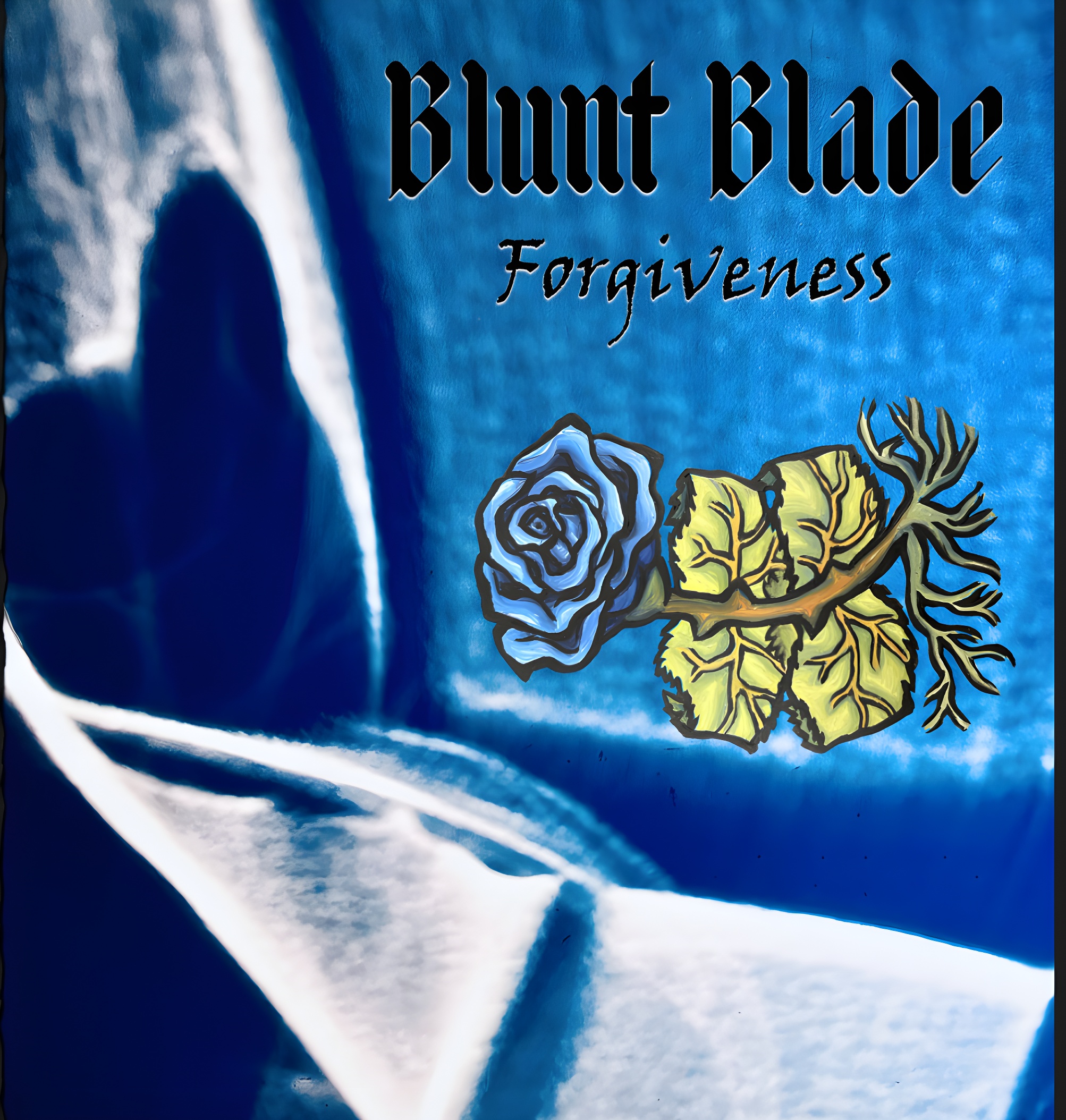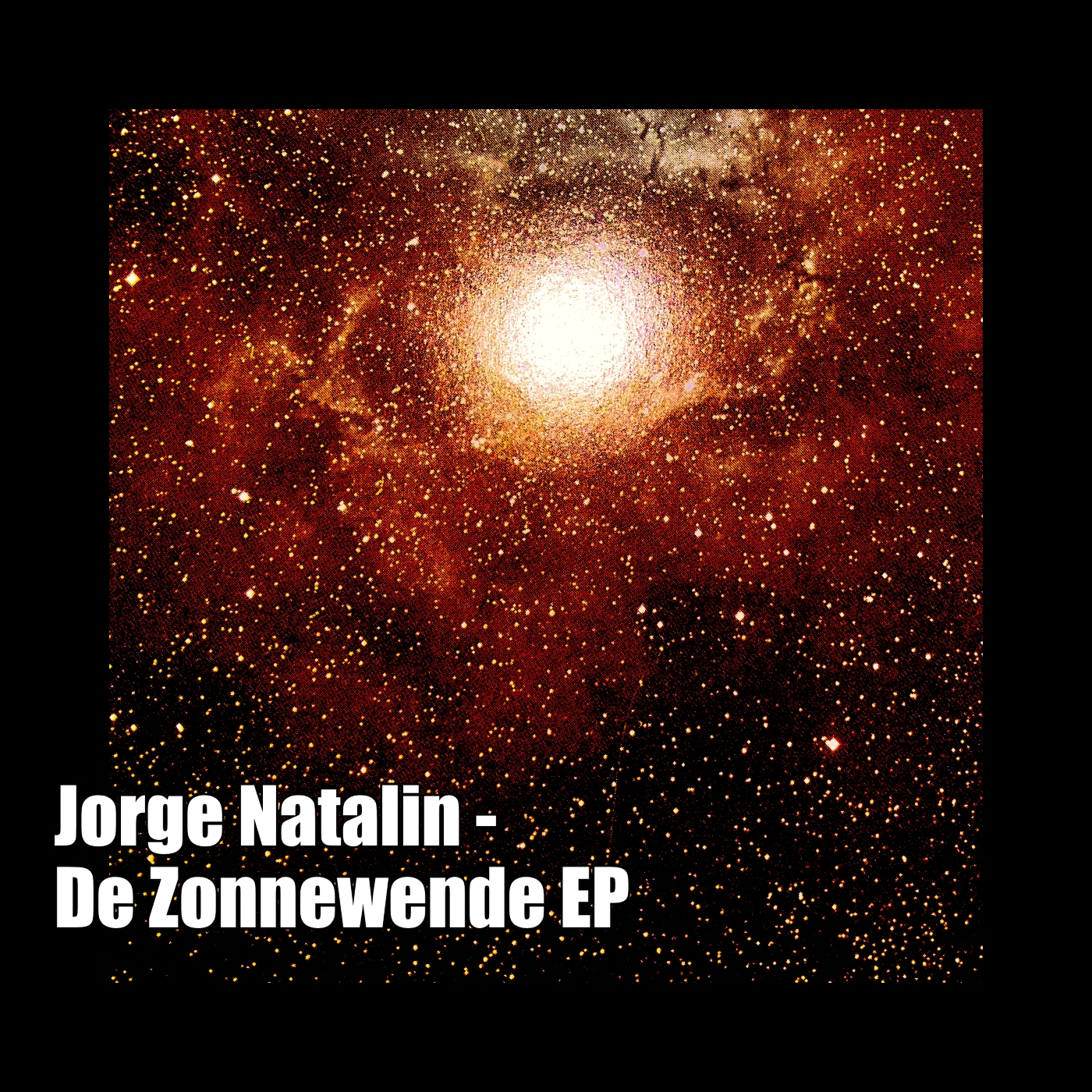Ki To – Don’t Come Around
Familiar Yet Fresh: Ki To Nails the Coming-of-Age Soundtrack
Ki To’s “Don’t Come Around” feels like stepping into a high-stakes anime intro or a scene from a coming-of-age film where the protagonist finally decides to take control and that’s exactly the point. With production by longtime collaborator Delorians, this San Francisco-to-Indonesia creation pulses with cinematic flair and youthful energy.
From the very first notes, there’s a sense of building tension, emotional, melodic, and entirely intentional. The production is glossy yet grounded, giving just enough space for Ki To’s vocals to shine without overwhelming the ear. Their voice is rich and emotionally nuanced, delivering a performance that feels both personal and universal. It’s that kind of song you listen to alone at night and somehow feel like someone else has already lived your story.
But what sets “Don’t Come Around” apart isn’t just the breakup narrative, it’s the feel of it. The entire track is laced with nostalgia, like flipping through an old yearbook you didn’t realize you missed. Ki To’s ability to merge emotional vulnerability with empowerment is impressive, making this track more than just a sad bop; it’s a quiet anthem for late bloomers, broken hearts, and anyone still figuring themselves out.
“Don’t Come Around” doesn’t beg for your attention, it earns it. And once it hits, it stays.
Temperature Falls – Wishes,Dreams
A Dream You Don’t Want to Wake From
Temperature Falls’ latest single Wishes, Dreams is less a song and more a dreamlike descent into emotional twilight. The Oslo-based duo, Camilla’s breathy, wistful vocals paired with Ian J. Ward’s masterfully layered instrumentation return after a two-year stretch with something that feels both intensely personal and sonically cinematic.
Right from the opening, there’s a pull, an invisible gravity of fuzzy guitars, distant echoes, and a percussive heartbeat that builds into something hauntingly beautiful. The soundscape is rich with contrasts: sharp distortion laced with softness, vulnerability wrapped in power. It’s not just a listening experience, it’s immersive, like staring at the moon from a moving car window, not quite sure if you’re dreaming or remembering.
The production here is stellar. It doesn’t overreach or try to impress with noise, instead, it seduces with texture. The track hits like a wave: not to overwhelm, but to carry you. And underneath the sonic layers lies the raw ache of relational tension, the ache of knowing something’s worth holding on to, even when it’s hard.
Fans of Massive Attack or early Portishead will feel right at home, but Wishes, Dreams isn’t a throwback. It’s a forward-moving, emotionally grounded piece that proves Temperature Falls are still evolving, still experimenting, and absolutely still worth watching.
Blunt Blade – Forgiveness
Blunt Blade – Forgiveness
Blunt Blade’s second album, Forgiveness, is a heartfelt journey through emotional landscapes, blending progressive rock, electronic textures, orchestral drama, and indie sensibilities in a way that feels both fresh and deeply human.
From the very start, you’re swept into an immersive world, where each song is like a chapter in a novel that dives deep into personal tragedy, healing, and self-reflection . The production, mixed by Gordon Davidson and mastered by Alex Wharton at the legendary Abbey Road Studios, gives the album a polished, warm, and inviting sound that lets every instrument and vocal choice shine through.
“Sprawling” opens the album with a mix of cinematic synths and a steady, indie-rock rhythm. It’s like stepping into a twilight road trip, open roads, questions tumbling through your mind. Blunt Blade’s baritone voice cuts through the lush instrumentation, grounding the expansive sound in human feeling.
“Hindrance”, a newer offering, brings punch with its layered music and driving beats. It feels like a declaration, acknowledging inner obstacles while charging forward. The contrast between brooding verses and uplifting choruses gives it a cathartic lift that resonates long after the song ends.
“Careless Acts” slows the pace and invites introspection. Soft piano, subtle strings, and rhythms that feel like the heartbeat of regret. It’s raw and relatable, the kind of song that makes you pause, breathe, and reflect on the small moments that change everything.
“Forgiveness” itself unfolds like a sonic odyssey—a 10½‑minute progressive rock epic that builds through multiple movements. The start is almost somber and introspective, but layer by layer it grows, drums kick in, guitars swell, synth waves gently rise and by the end, you’re left with a hopeful coda that feels like a sigh of relief. It’s cinematic and soul-stirring, the kind of song that marks a moment of letting go and moving forward.
What ties everything together is Blunt Blade’s talent for blending styles with emotional clarity. You feel the electronic pulses, catch hints of orchestral grandeur, nod at indie guitar riffs, but it’s his storytelling, emotional, sincere, unguarded that makes the album land on a deeply human level .
Forgiveness doesn’t shock or break barriers in a flashy way; it opens doors to reflection and calm. Its layered arrangements invite full attention, perfect for late-night listening or when you need to unwind. As one recent reviewer put it, it’s “the kind of album that invites full immersion, perfect for late nights or unwinding after a long day” .
Overall, this album is a warm, relatable storyteller. It’s about recognizing our own missteps, facing what holds us back, and reaching toward understanding, whether that’s toward ourselves or others. The mix is clean, the performances heartfelt, and the emotional arc satisfying.
If you’re in the mood for a listening experience that balances introspection and uplift, Forgiveness is a companion worth traveling with. It’s thoughtful, cinematic, and honest, a space to feel, reflect, and heal.
Jorge Natalin – De Zonnewende EP
Jorge Natalin – De Zonnewende EP
Jorge Natalin’s De Zonnewende EP is a moving, tender tribute that feels like a sunbeam piercing through clouds, both spiritually charged and emotionally layered. Dedicated to Mazen al Hamada, the EP carries a message of hope and remembrance, echoing the press release’s sentiment: “May you be forever safe in the arms of the Lord now”. As a listener, you’re invited into a space of both mourning and quiet celebration, where personal grief and collective liberation meet.
The EP dives deep with “youareinthearmsoftheLordnow.”, a track that opens softly, almost like a prayer. Gentle guitar chords weave around the track, which carries a warm, comforting resonance. The mood is meditative, as if the artist is whispering solace into the listener’s ear. There’s something profoundly intimate in the delivery, every note feels intentional, every pause meaningful. This song sets the tone: we’re here to reflect, feel, and remember.
Shifting from quiet introspection, “a thousand white doves” brings a tone of uplift. The doves become a metaphor—symbols of peace, release, and transcendence. The instrumentation opens up, layers of strings or synth (depending on how you perceive them) flutter around the track. It’s cinematic in scope, evoking an image of souls released into the sky. Though the track’s length is just over three minutes, it carries an expansive, almost orchestral weight. It feels like a turning point on the EP, a statement that grief can turn into something beautiful and transcendent.
Nowhere does that expansiveness blossom more than in “Adenium obesum.” This nearly eight-minute centerpiece is where Jorge lets the emotions unfold fully. The title refers to a desert rose plant, resilient, rooted in harsh environments. Just like its namesake, the song grows through patience and stillness. It starts with a slow build, soft pulses, delicate fingerpicking and waits until you’re leaning in. When the richer textures arrive, perhaps a cello, a second guitar, a distant percussion, the effect is immersive. Time seems to stretch, and you feel both grounded and adrift. It’s a journey of acceptance, of coming to terms with loss yet finding beauty in that process. The long runtime is justified; it’s a place to breathe and feel without hurry.
There’s no rush; you’re encouraged to sit with the emotional weight. Though minimalist in arrangement, the music pulses with a quiet force, every silence speaks as loudly as the notes. It’s not just music; it’s a shared moment of remembrance and renewal.
One of the things that makes De Zonnewende so compelling is its capacity to feel both personal and universal. Yes, it’s a dedication to Mazen, but the themes of loss, hope, and rebirth will resonate with anyone who has held a loved one in their thoughts or longed for change. The sun’s turning points, solstice and equinox,mirror cycles in our lives: endings that hint at beginnings, darkness giving way to light.
In just four songs, Jorge Natalin has crafted an EP that feels like a small, hushed ceremony. It’s music that presses gently but insistently: feel, heal, and remember. For anyone seeking solace or a reflective soundscape to journey into, De Zonnewende is an invitation: to sit in stillness, let emotion flow, and hold space for both grief and the gentle promise of new light.
With its warm tones, heartfelt delivery, and emotional authenticity, De Zonnewende EP is a beautiful testament to loss and love intertwined. It’s a quiet triumph.




